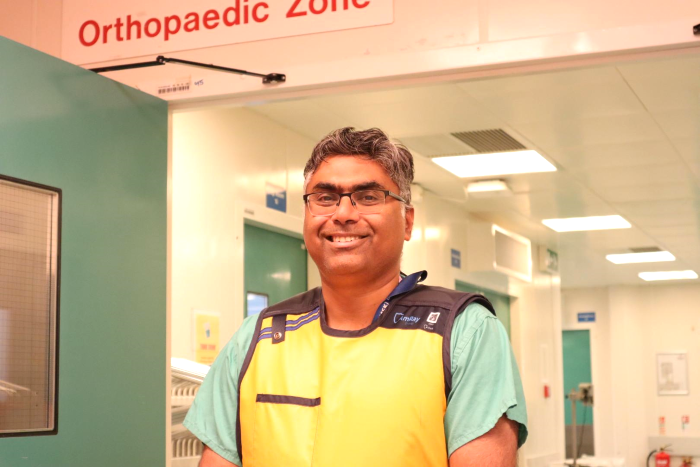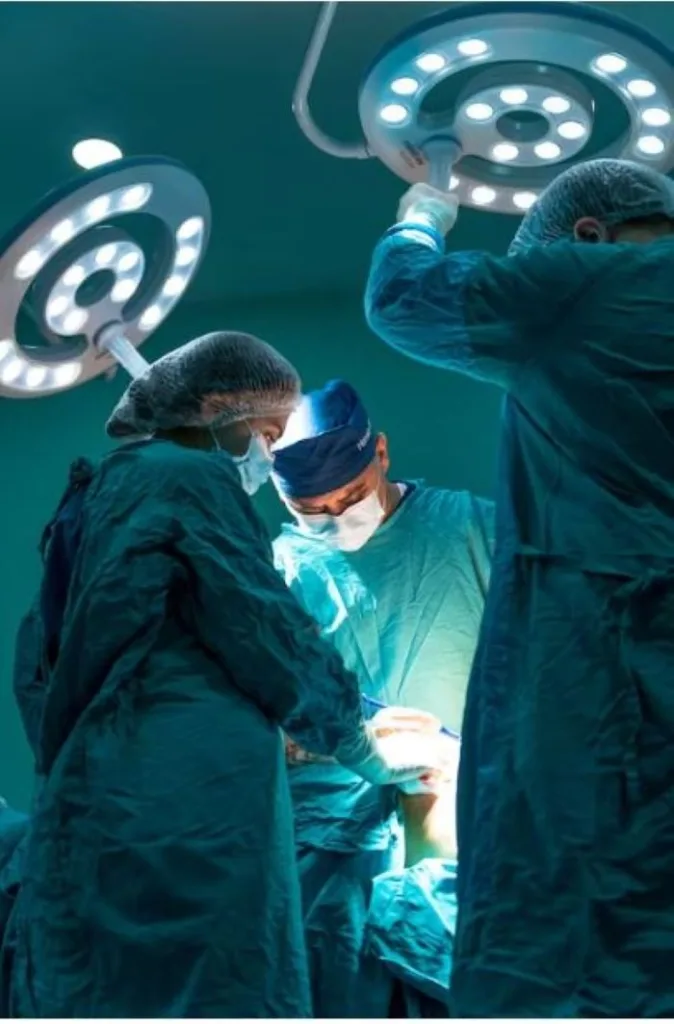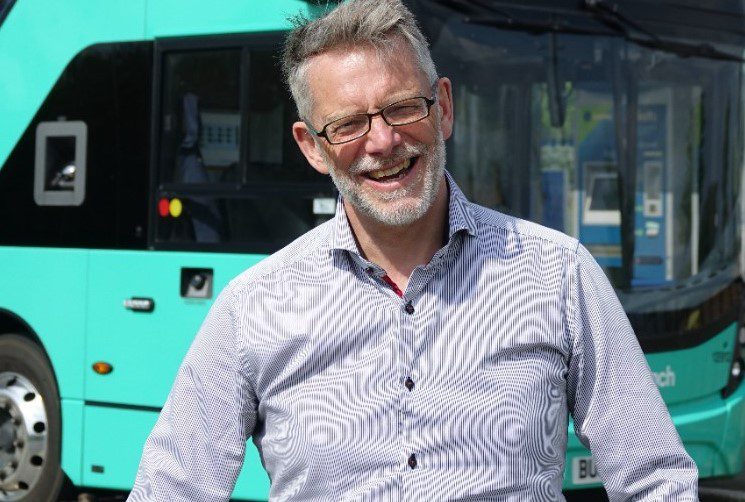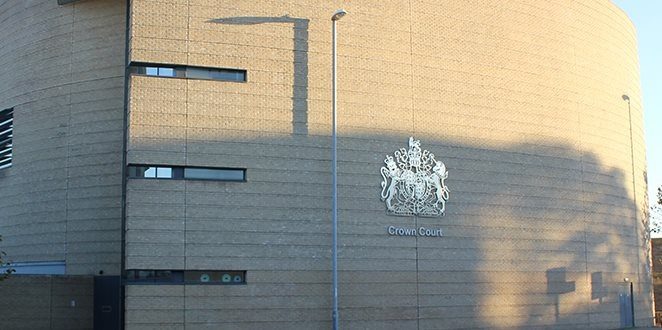Robots could in future play a vital role in hip surgery, a leading Cambridgeshire surgeon has predicted. Addenbrooke’s consultant orthopaedic surgeon and affiliated associate professor, Vikas Khanduja, says computer-assisted surgeries and complex robot systems will be of increasing importance.
His belief is that Artificial Intelligence (AI) could be of particular use when it comes to treating younger patients and sports professionals.
Mr Khanduja leads the Cambridge Young Adult Hip Research Group and has authored over 180 peer reviewed articles and three books and received the American and British Hip Society Travelling Fellowship in 2011, Royal College of Surgeons of England’s Arnott Medal in 2013, and the Insall Fellowship from the American Knee Society and Insall Foundation in 2014.

Writing in the official journal of the European Society of Sports Traumatology, Knee Surgery and Arthroscopy (ESSKA), Mr Khanduja predicts the advances will be particularly valuable in a sub-section of hip surgery called ‘hip preservation’, usually performed on younger patients and sports professionals.
AI will work alongside disease stratification – the process of working out which disease has what impact, over how long, and what treatment, when, will have the best outcomes. Robots will make the chosen treatment more accurate.
The aim is to prevent, or delay, the onset of degenerative changes in the hip, which can be inherited, or brought on as the result of injury or repetitive loading, and are increasingly treated using another emerging technique, arthroscopy – better known as keyhole surgery.
Today arthroscopy is used to correct everything from childhood hip disorders to ligament tears and trapped nerves, and means open surgery is unnecessary and recovery times are faster.
Its value to the NHS cannot be overstated as hospitals battle to reduce waiting lists post-Covid, provide better outcomes for patients, and free hospital beds.

An Addenbrooke’s surgeon, Richard Villar, mentor to Vikas Khanduja, was the first to undertake hip arthroscopy in the UK, which is celebrating its 35th anniversary this year, and continues to be taught in the hospital using latest aids, including high-tech virtual reality systems.
Mr Khanduja writes: “Hip preservation has experienced rapid growth in popularity over the last two decades. The application and methods of procedures is expanding and will continue to grow.
Progressing technological advancements and the use of artificial intelligence in medicine are likely to influence the hip preservation growth trajectory. Computer assisted surgeries allow surgeons not only to create a precise pre-operative plan, but also increase accuracy of their implementation during surgery via complex navigation/robotic systems.
Likewise, the ability to predict individual patient outcomes using artificial intelligence and patient stratification preoperatively leading to personalised medicine holds great promise.
In 2021 Mr Khanduja was awarded the Hunterian Professor Award for 2021 by the Royal College of Surgeons of England, which is bestowed for original research or innovations.
His research centres on femoroacetabular impingement (FAI), a condition in which there is an abnormal contact between the rim of the acetabulum (hip socket) and femoral head-neck junction (ball of the hip), on movement of the hip. This results in pain, labral and cartilage damage and in some cases arthritis of the hip.
He is interested in disease stratification of FAI using novel imaging techniques, better pre-operative planning tools, and precision surgery to improve outcomes.


























